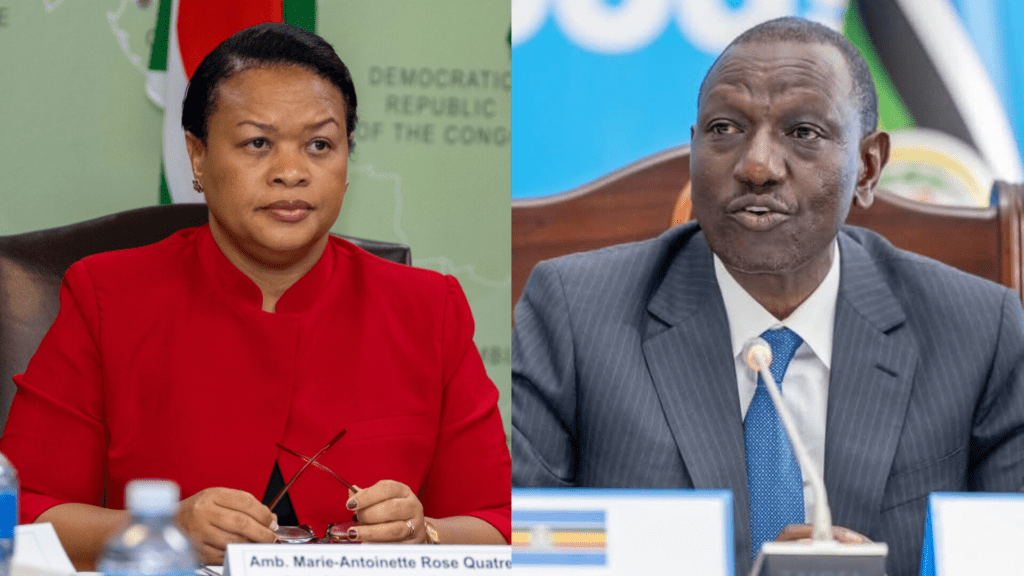The African Peer Review Mechanism (APRM) has challenged recent credit rating actions by Moody’s, terming them erroneous and detrimental to Kenya’s economy.
In a statement released on Tuesday, January 28, 2025, the APRM questioned Moody’s rationale for upgrading Kenya’s outlook from “negative” to “positive” on January 24, while maintaining a Caa1 rating. The rating agency cited a potential reduction in liquidity risks and improving debt affordability as reasons for the upgrade.
“The APRM notes with concern the errors in recent credit rating actions by Moody’s. On January 24, Moody’s changed Kenya’s outlook from ‘negative’ to ‘positive,’ essentially admitting that the previous rating was inaccurate,” the APRM stated.
The APRM criticized Moody’s for bypassing a stable outlook during the upgrade, calling it an unusual move that effectively acknowledged an error in the earlier “negative” rating.
“It is rare for a credit rating agency to skip a ‘stable’ outlook when moving from a negative to a positive rating. This shift demonstrates that Moody’s prematurely issued the previous downgrade on July 8, 2024, influenced by protests over Kenya’s proposed Finance Bill,” the statement added.
The APRM condemned Moody’s July 2024 downgrade of Kenya’s credit rating, describing it as speculative and premature. It argued that the rating agency acted without reviewing key financial data, including the midterm budget review, spending allocations, and the final Finance Bill.
“This is not the first time Moody’s has erred in its analysis of African economies. The July downgrade was speculative, issued before complete term review data had been made available,” the APRM said.
The APRM accused Moody’s of causing unnecessary financial strain on African governments through hasty and incomplete assessments, adding that such actions hurt investor confidence and elevate borrowing costs.

The APRM called on Moody’s to adopt a more evidence-based and cautious approach when assessing African economies, urging the agency to avoid speculative actions.
“The APRM views such rating actions as irresponsible, leading to increased government costs, triggering Eurobond sell-offs, and sustaining negative sentiments toward African financial instruments. Moody’s must wait for complete data before making any rating adjustments,” the APRM concluded.
In its January 24 report, Moody’s acknowledged Kenya’s progress in addressing liquidity risks and improving debt affordability. The agency highlighted declining domestic financing costs and ongoing fiscal consolidation efforts by President William Ruto’s administration as key factors driving the positive outlook.
“Domestic financing costs have started to decline amid monetary easing and could continue if the government sustains its more effective management of social demand and fiscal consolidation,” Moody’s noted.
The report also highlighted the potential for increased revenue collection as a critical factor for further economic improvement. However, Moody’s cautioned that Kenya has historically struggled to expand its revenue base significantly.
“If sustained, these efforts would enhance Kenya’s credit score, improve access to external funding, and reduce debt affordability challenges,” Moody’s stated.
The APRM, established in 2003, is a voluntary self-monitoring mechanism aimed at improving governance among African Union member states. It assesses performance in areas such as economic management, corporate governance, political governance, and socio-economic development.





![SHA Suspends Dozens of Health Facilities Over Alleged Fraud [LIST]](https://citymirror.ke/wp-content/uploads/2024/12/image-14-218x150.png)

